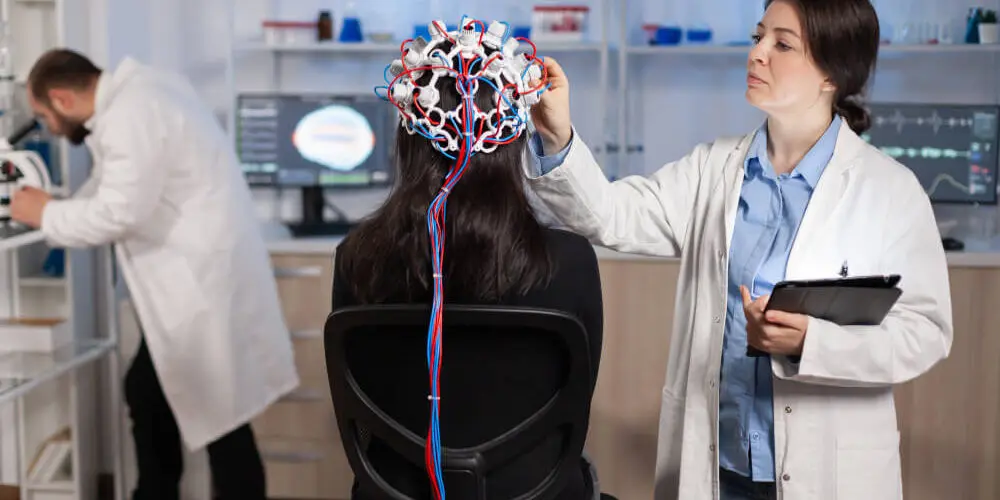Asperger’s Syndrome and Success
Mark Zuckerberg, the founder of Facebook, is the main character in David Fincher’s latest film about the birth of the world’s youngest billionaire. The first scene of the movie, where Zuckerberg, a computer genius, is on a date with his girlfriend, immediately shows his glaring flaw, he has no social graces. She dumps him after commenting that talking to him is so difficult, it’s work. She goes on to tell him that he’ll claim that girls don’t like him because he’s a geek, but in fact, it is because he is a jerk. This goes to the heart of Zuckerberg’s problem, social interaction.
The founder of Facebook, has a desperate deficit when it comes to human interaction. It quickly becomes clear that the character has something on the autistic spectrum, most likely Aspergers syndrome. According to Web MD, “[a]lthough there are many possible symptoms of Asperger’s syndrome, the main symptom is severe trouble with social situations.”
Zuckerberg, as written by Aaron Sorkin, of A Few Good Men fame, exhibits classic brilliance regarding “things,” but falls apart when dealing with people. The things he excels at are computer programming, but what gets the billionaire in trouble is that he treats people like they are expendable. The ones who are his real friends, he deserts, and he latches on to Sean Parker, the brainchild behind Napster. The problem is, Parker is a playboy who uses people to get what he wants. Zuckerberg is drawn in by Parker’s charisma and winds up deserting his best friend at the moment of truth.
Asperger’s syndrome is still hard to understand and even harder to treat. The people who have it often do very well in our specialized assembly-line society because they are gifted at one thing. Unfortunately, many Asperger’s suffers have no close relationships despite being well-off and well-regarded as experts in their field. Much of life is measured by how well we relate to other people, even more so than how much we accomplish financially or at work.
Neurofeedback and improved medications together are starting to make a difference for some who have Asperger’s, but most do not get treated. They are still viewed by society as nerds and geeks, who have no hope of personal happiness in marriage or friendships. Through the use of treatments like neurofeedback, talk therapy, and chemical treatments, hopefully, we can start to see that those who lash out because they do not fit in, are not jerks, but need help in the most fundamental arena of human existence—social interaction.
Movies, like The Social Network and Marie Antoinette (Louis XVI clearly has some form of autism that is more severe than Zuckerberg), are bringing these issues to the forefront of pop culture and creating awareness as never before. With more exposure to characters like Zuckerberg, we begin to see that they have a fundamental problem that needs treatment. The next step is exposing the world to the possibility that at least in small steps, even people with severe deficiencies can improve their social skills and become more fulfilled in their personal lives.
If you’re dealing with an issue like this, I would be happy to help. Please reach out by calling my office at 310-314-6933 or sending me a private email.








